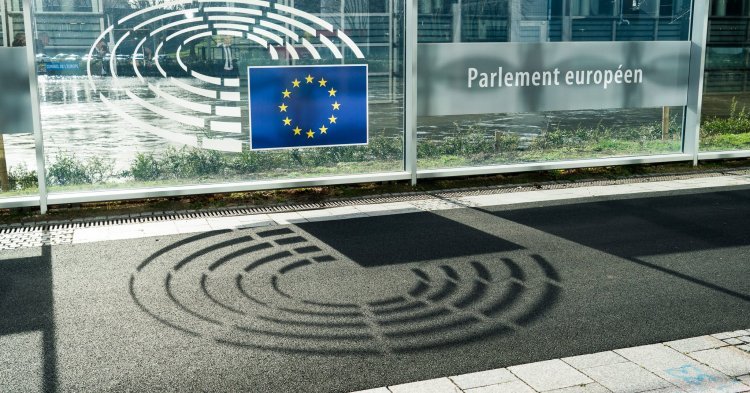Lukas Martini: National elections still define the EU’s future
The European Parliament has acquired a lot of power since the first elections in 1979, passing from a very limited role to the position of co-legislator with the Council since the treaties of Maastricht and Amsterdam. Nonetheless, the EU’s destiny remains in the hands of national parliaments, each of which sends a government to the Council and the European Council.
Voting in national elections is the fundamental point when the national government and thereby the country’s attitude towards the European institutions is defined. This is crucial because the European Council is the body that determines the grand-scale political priorities and decides by unanimity in controversial fields. This implies that a Eurosceptic government can stop the decision-making process in the European Council, and thus indirectly in the European Parliament.
Moreover, even if the European Parliament has a strong position in the legislative procedure of the EU, the demos that it’s supposed to represent is still missing.
The big debates of European societies take place almost exclusively on a national scale, and the position towards the EU is also formed in these nation-states. This is because it’s national-level political parties that nominate candidates in the European elections, and because national problems are their priority. One could go even further and say that European elections are used for punishing the parties in power in the member states, based on their internal policies.
Until when European civic life, which creates a European demos, emerges, European elections will attract less attention among the population and MEPs won’t be seen as the principal democratic representatives. To have a European people that feels represented by the MEPs in Brussels and Strasbourg, we need to give the EU’s politics a pan-European ‘face’ with transnational parties and media that encompasses all the 28 member states.
Consequently, European elections are important but still, voting in national elections remains essential for guaranteeing the progress of the European project in the future.
Juuso Järviniemi: A vote on fundamental questions
During election time, we often hear how voting doesn’t change anything because ‘all the parties are the same’. In European elections that’s different! A big rift can be observed between pro-European and anti-European parties, and the polarisation between these camps seems to be continuing to grow. Now, for the first time in history, some think that the pro-European majority in the European Parliament is threatened.
In many countries, an election won’t deeply change politics. In European elections, on the contrary, we choose between radically different visions.
From which flows the second reason why these elections are so important. Whether we like it or not, the EU remains a system whose fundamental values and sometimes even the very existence are put under question. With perhaps the exception of Scotland in the UK or Catalonia in Spain, national elections aren’t about systemic, existential questions in the same way as European elections are.
European politics constantly takes place on two levels: the ordinary dimension where everyday policies are decided, and the ‘meta’ dimension, that is, conflict over what level the decisions should be taken on. In this sense, European elections are unique.
Thirdly, in European elections, we elect the President of the European Commission. This post is one of the most important in the world: the President of the Commission is more powerful than most Presidents or heads of national governments. After the elections, it will in the end be the MEPs whom we have elected that will decide on the President of the Commission. Without a majority, the President can’t enter into office.
What’s more, after the elections, our MEPs will audition every candidate for the European Commission. This institution, tasked with governing an area of 500 million people, is one of the most significant concentrations of political power in the world. And our elected representatives will examine the candidates more carefully than what we see in national parliaments after legislative elections!
In European elections, we have a clear and meaningful choice between different visions for the future of the entire Europe. Not only do we vote on European policies, but also on existential questions and on fundamental values. Finally, it’s not only an election for the European Parliament, but we also elect the European Commission, one of the most powerful institutions in the world.
In short, voting in the European elections is well worth the effort!


Follow the comments: |
|
